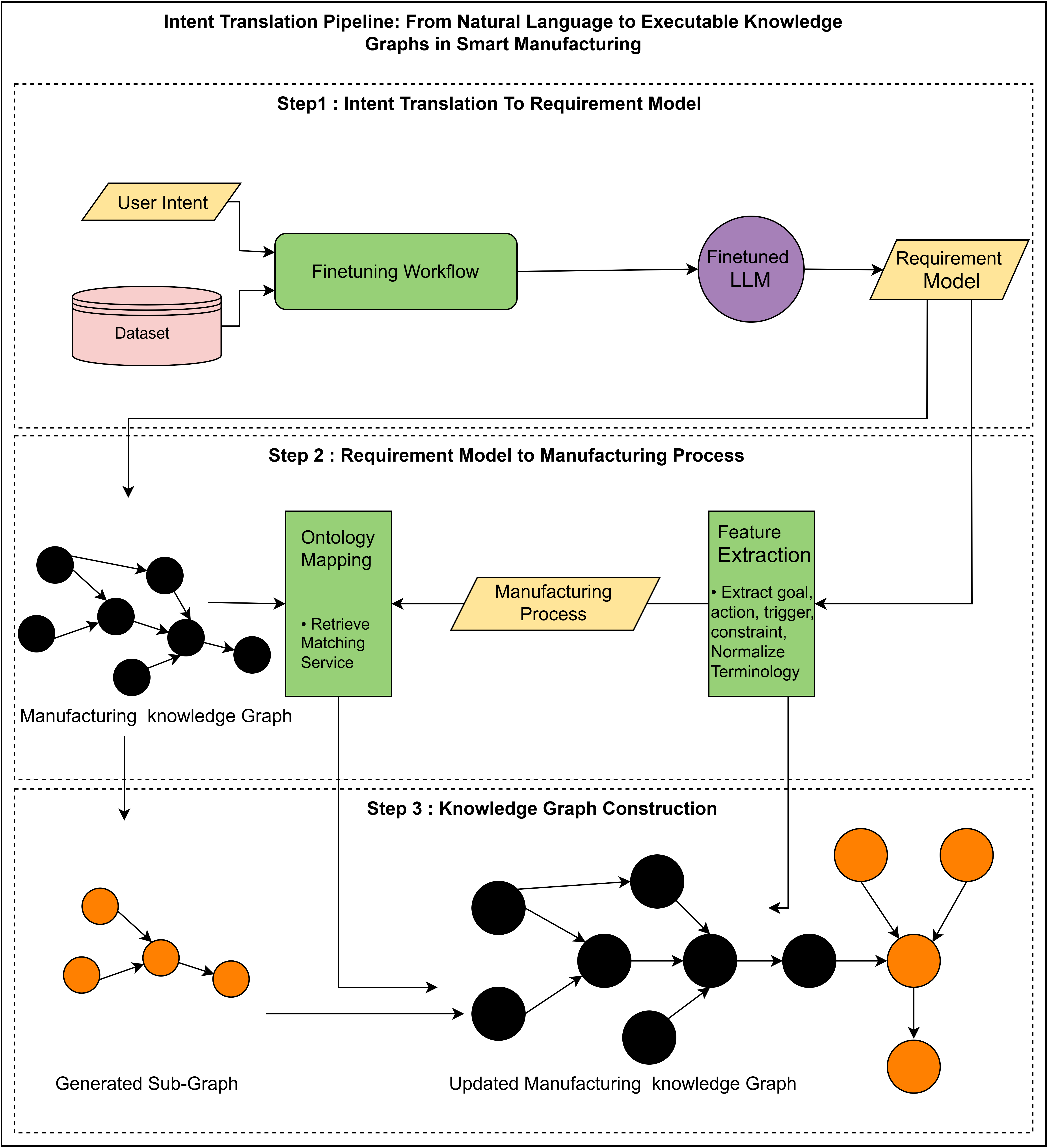James Van Der Beek grappled with six-figure tax debt years before buying $4.8M Texas ranch prior to his death

According to TMZ, actor Joshua Jackson and his wife, Kimberly Van Der Beek, faced a significant tax bill – over $100,000 – due to unpaid taxes from 2018 and 2019. They received a federal tax lien in November 2021 regarding this debt.






